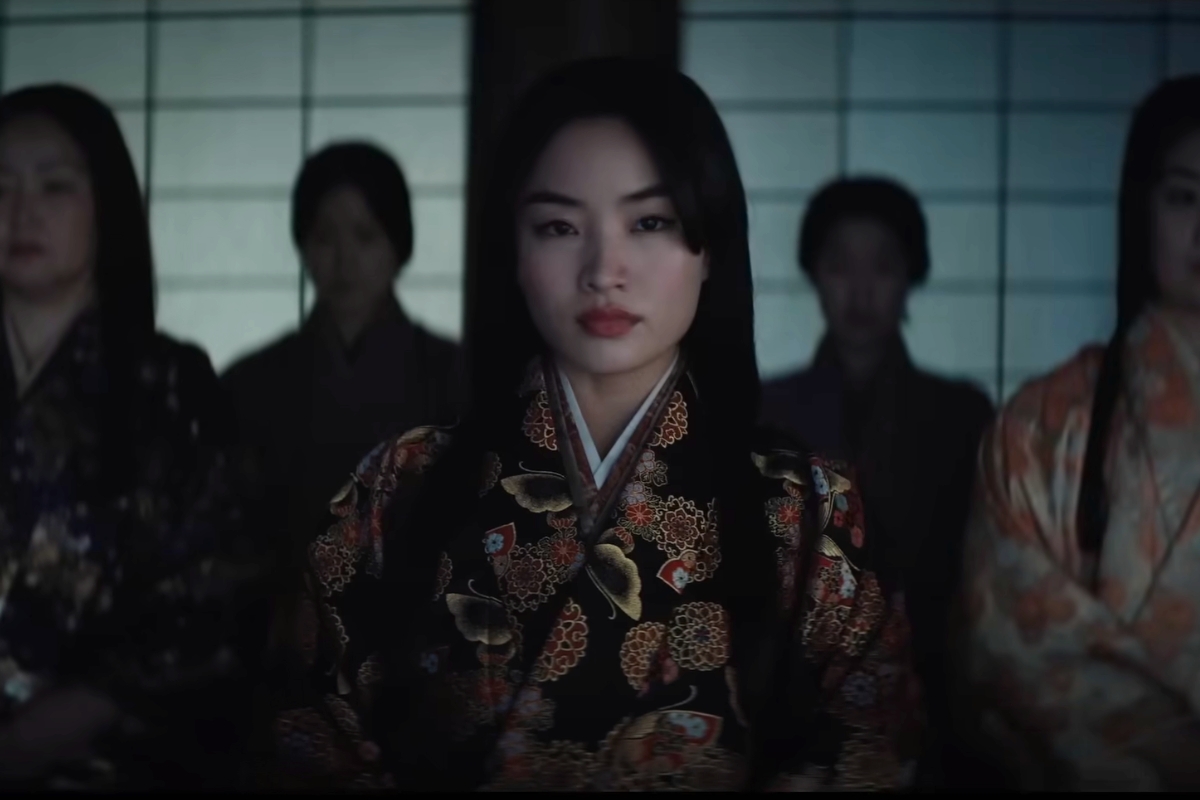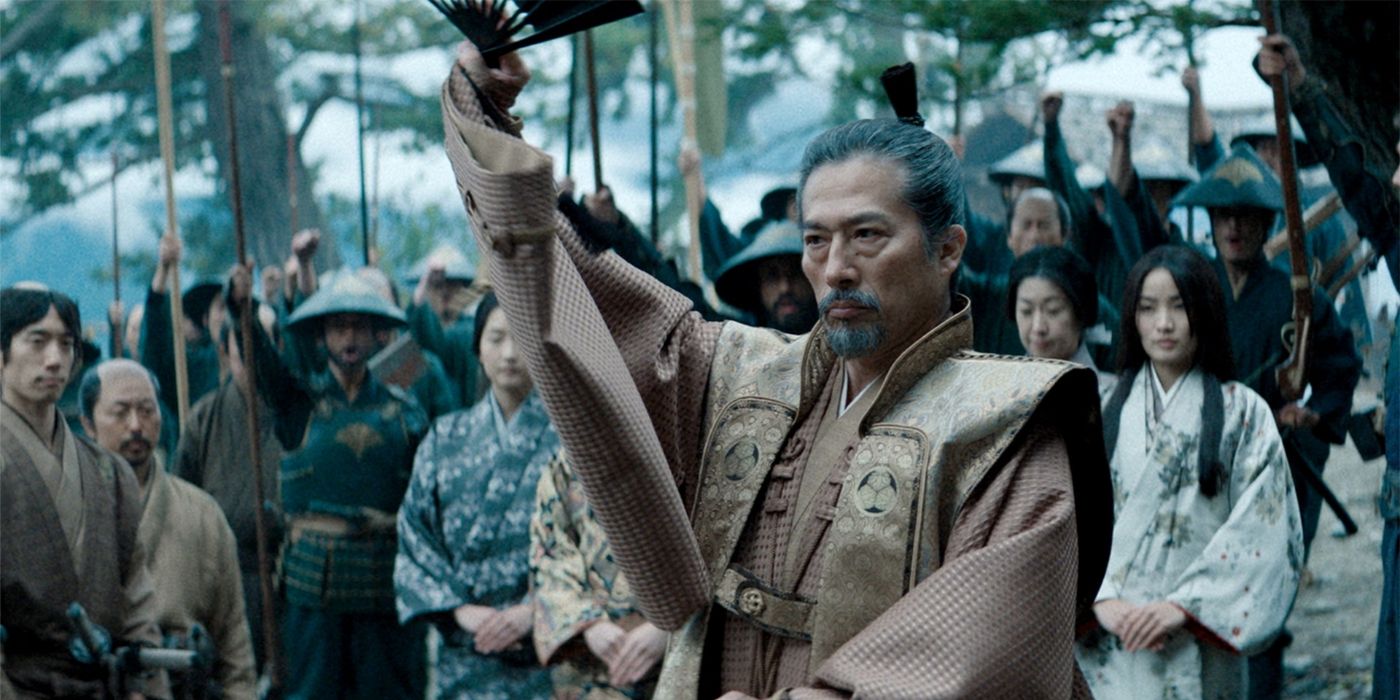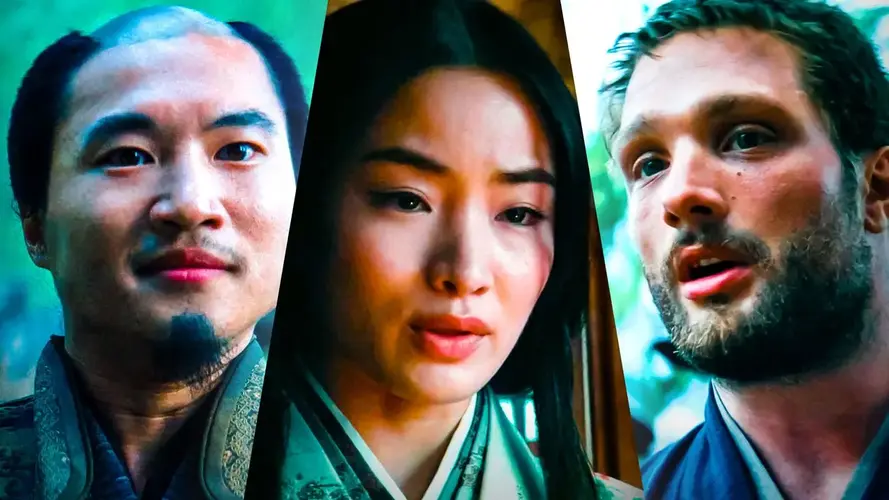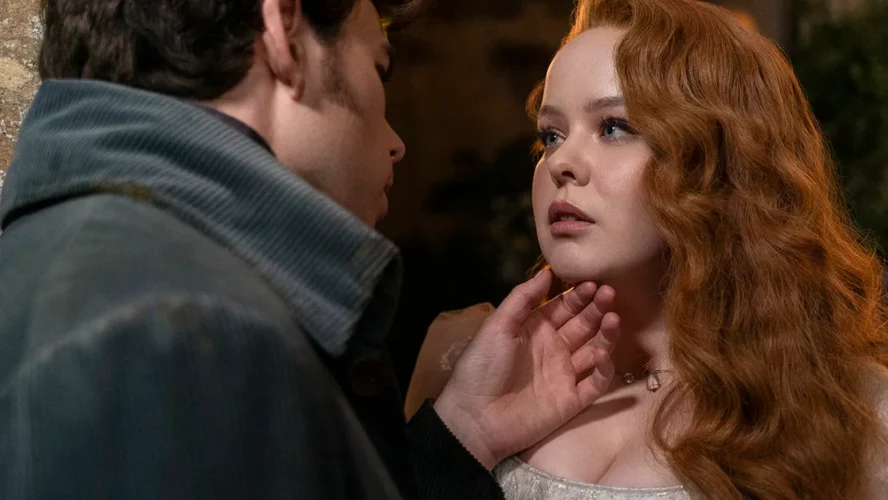In the realm of historical dramas, few series possess the narrative depth and cultural resonance of “Shōgun.” As the first episode unfolds, viewers are thrust into the heart of samurai culture, where honor reigns supreme and the consequences of one’s actions resonate through generations. At the center of this cultural tapestry lies the ritual of seppuku, a profound and deeply rooted tradition that epitomizes the essence of loyalty, honor, and sacrifice. If you have watched Shogun and did not get to understand then here in this guide we will explain you all in deeper level meaning in this series.
The Ritual: Seppuku in Japanese Culture
The act of seppuku, commonly known as ritual suicide, carries profound significance in Japanese society, particularly within the samurai class. Unlike its often romanticized portrayal in Western media, seppuku is a solemn and deeply serious endeavor, reserved for moments of grave dishonor or as a means of atonement for one’s transgressions.
Tadayoshi’s Sacrifice: A Symbol of Loyalty

In “Shōgun,” the character Tadayoshi’s decision to perform seppuku serves as a poignant reminder of the unwavering loyalty that defines the samurai ethos. His willingness to offer his life, and that of his infant son, underscores the profound depths to which individuals would go to uphold their honor and serve their lords faithfully.
Evolution of the Ritual: From Tradition to Ceremony
Throughout Japanese history, the practice of seppuku has evolved, reflecting shifting cultural norms and perceptions surrounding honor and death. In the tumultuous era depicted in “Shōgun,” seppuku is depicted as a private affair, conducted with solemnity and reverence. However, as the series progresses, viewers are presented with glimpses of how the ritual transformed during the Edo Period, becoming more public and ceremonial in nature.
Contextualizing Tadayoshi’s Decision
To fully appreciate Tadayoshi’s decision to perform seppuku, it is essential to understand the cultural and historical context in which it occurs. In a society where one’s honor is sacrosanct, even the slightest transgression can have far-reaching consequences. Tadayoshi’s interruption of a crucial meeting, though seemingly trivial to modern audiences, is viewed through the lens of samurai hierarchy and protocol, where such actions carry significant weight.
A Gesture of Atonement

Tadayoshi’s choice to undertake seppuku is not merely an act of self-preservation but a profound gesture of atonement. By offering his life, he seeks to mitigate the dishonor brought upon his lord and family, thereby reaffirming his commitment to the code of bushido—the way of the warrior.
Sacrifice for the Greater Good
In the eyes of Tadayoshi and his compatriots, the decision to involve his infant son in the ritual is not born out of cruelty but from a sense of duty and sacrifice. By extinguishing his bloodline, Tadayoshi ensures that no stain of dishonor will linger, thus safeguarding the honor of his family and preventing potential conflict.
The Cultural Tapestry of “Shōgun”
As “Shōgun” unfolds, it weaves a rich tapestry of samurai culture, tradition, and honor. Through meticulous attention to detail and historical accuracy, the series offers viewers a window into a bygone era, where the dictates of honor and duty shaped the destiny of nations.
Authenticity in Depiction

Central to the series’ resonance is its commitment to authenticity in depicting the rituals and customs of feudal Japan. From the solemnity of seppuku to the intricacies of samurai etiquette, “Shōgun” invites viewers on a journey of discovery, offering insights into a culture both captivating and complex.
Resonance with Modern Audiences
While “Shōgun” is set against the backdrop of a bygone era, its themes of honor, loyalty, and sacrifice remain strikingly relevant in today’s world. In an age where moral ambiguity often clouds our understanding of right and wrong, the unwavering commitment of characters like Tadayoshi serves as a timeless reminder of the enduring power of integrity and honor.
Conclusion
In “Shōgun,” the ritual of seppuku emerges as more than mere spectacle—it is a window into the soul of a culture defined by its adherence to tradition, honor, and duty. Through nuanced storytelling and meticulous attention to detail, the series offers viewers a glimpse into a world where the bonds of loyalty and the dictates of honor reign supreme. As the saga unfolds, “Shōgun” invites audiences to ponder the timeless truths embodied in the rituals of the samurai, reminding us that even in the face of adversity, the pursuit of honor remains paramount.




